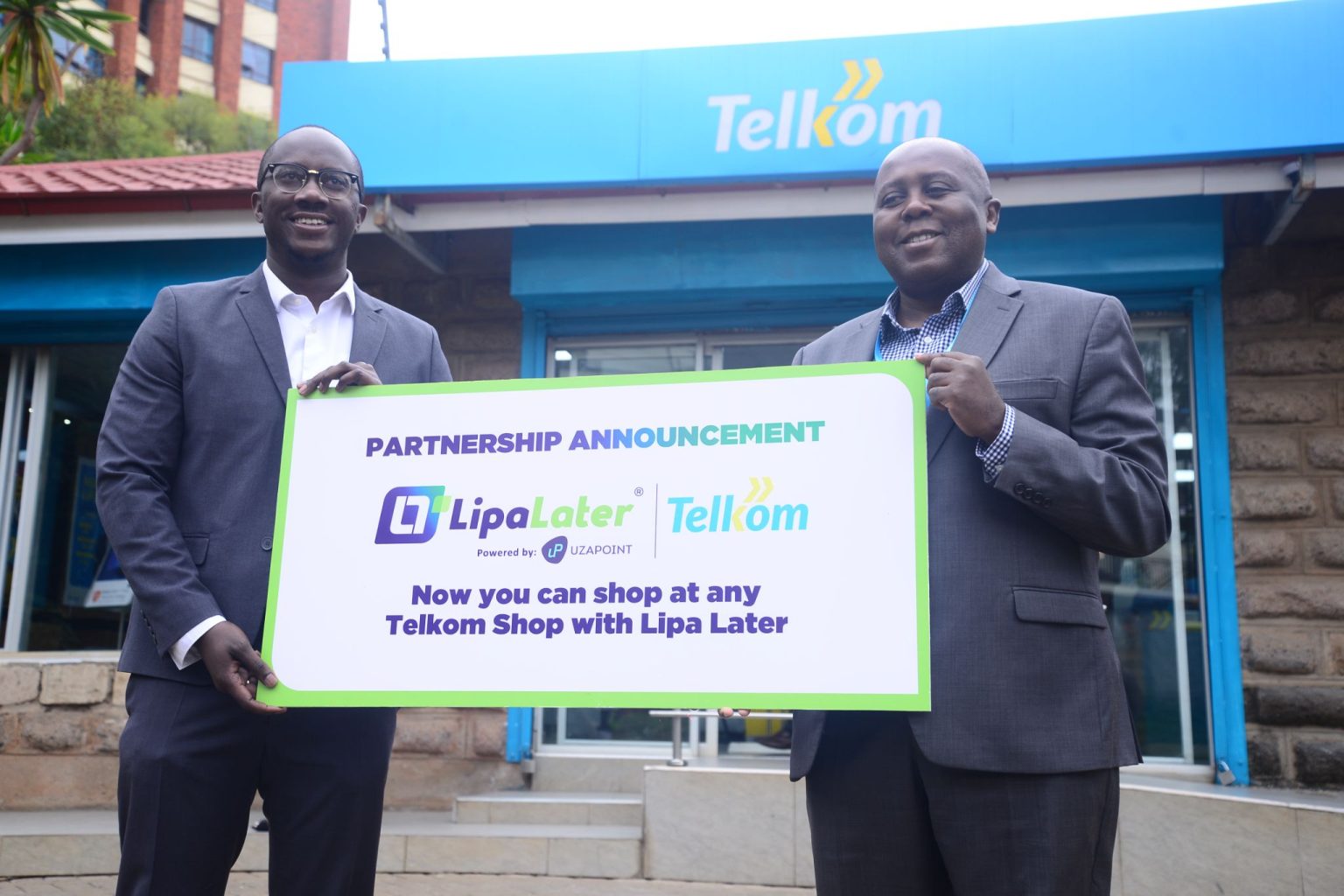- Telkom has formed a partnership with Lipa Later to provide residents of Kenya with product financing which will make it simpler for them to acquire smart mobile devices
- Consumers will have access to a curated selection of mobile phones from various brands, including Oppo,iPhone, Nokia, Tecno, Realme, Ulefone, Huawei, Xiaomi, Vivo, Itel and Bontel
- The vast majority of Kenyans rely on digital services for their businesses and livelihoods
The technology company Telkom has formed a partnership with the Buy-Now-Pay-Later company Lipa Later in order to provide residents of Kenya with a method of product financing that will make it simpler for them to acquire smart mobile devices.
Kenyans rely on digital services for their businesses and livelihoods
According to the most recent data provided by Dalberg, a vast majority of Kenyans rely on digital services for their businesses and livelihoods. And there is significant room for expansion and deeper engagement in the sector. Kenyans depend on digital tools and services to increase their income.
The quarterly sector statistics compiled by the Communication Authority of Kenya (CA) for the quarter ending September 2021, Kenya has over 26 million smartphone devices out of a total of 59 million mobile phone devices connected to mobile networks in the country. This results in a penetration level of 53.4 per cent.
As stated by Mugo Kibati, the Chief Executive Officer of Telkom, the cooperation aligns with Telkom’s aim of enabling its consumers to gain access to mobile and broadband services.
“Having access to mobile data is a fundamental human right, and Telkom is thrilled to announce this cooperation since it lends credence to our belief in this principle.” This is because of its strategic potential to gradually address digital inclusion.
This would ensure that the benefits of the Internet and digital technology are available to a more significant number of Kenyans, which will, in turn, empower the digital economy, as stated by Kibati.
Data from the Global Systems for Mobile Communications Association (GSMA), indicate that there is a substantial opportunity for actors in the telecom ecosystem, including the mobile sector, to improve the accessibility of smartphones among these consumer groups by lowering their prices.
“Telkom remains committed to providing the means by which Kenyans can participate in an increasingly interconnected world.” We are continuing to have exploratory conversations with our partners in order to identify solutions that will give our clients access to a wide variety of authentic products and services that are both convenient and affordable.
“In addition to having more accessible access to smart mobile devices as a result of this collaboration with Lipa Later, our customers will be able to enjoy affordable mobile data through our products like the recently launched Changa Bundle, which allows Kenyans to share data, minutes, voice, and SMS,” he added. This partnership was formed in order to facilitate more accessible access to smart mobile devices.
Consumers, according to Eric MULI, CEO of Lipa Later, can walk into any Telkom store, sign up with Lipa Later, and get a credit limit in less than five minutes; they can get connected to mobile and data services only by choosing a device of their choosing that requires no deposit and pay for all of this over the course of up to 12 monthly instalments. All of this can be done in any Telkom store.
“We are overjoyed to launch this cooperation with Telkom, which will make it possible for our clients to connect and remain connected by purchasing data and mobile devices at prices that are more affordable.” Additionally, as a result of our connection with UzaPoint, the procedure that the customer goes through at the checkout counter will be streamlined entirely throughout all of the Telkom locations in the country, he continues.
Consumers will have access to a curated selection of mobile phones from various brands, including Oppo, iPhone, Nokia, Tecno, Realme, Ulefone, Huawei, Xiaomi, Vivo, Itel, and Bontel, as a result of this relationship.
The market size of the global Buy Now Pay Later industry was valued at US$90.69 billion in 2020, and it is anticipated to reach US$3.98 trillion by 2030, growing at a compound annual growth rate of 45.7 per cent from 2021 to 2030. In 2020, the market size was valued at US$90.69 billion.
Retailers are now offering “Buy Now, Pay Later” options to their consumers, which enables them to make purchases of necessary items by selecting an affordable financing plan and paying the total cost of the purchase in instalments, as opposed to making a single payment for the total amount. The expansion of the use of online payment methods throughout developing nations is also helping to speed up the growth of the market for “buy now, pay later” transactions.
Read: Africa: Google launches Hustle Academy to train 5,000 SMEs and entrepreneurs
